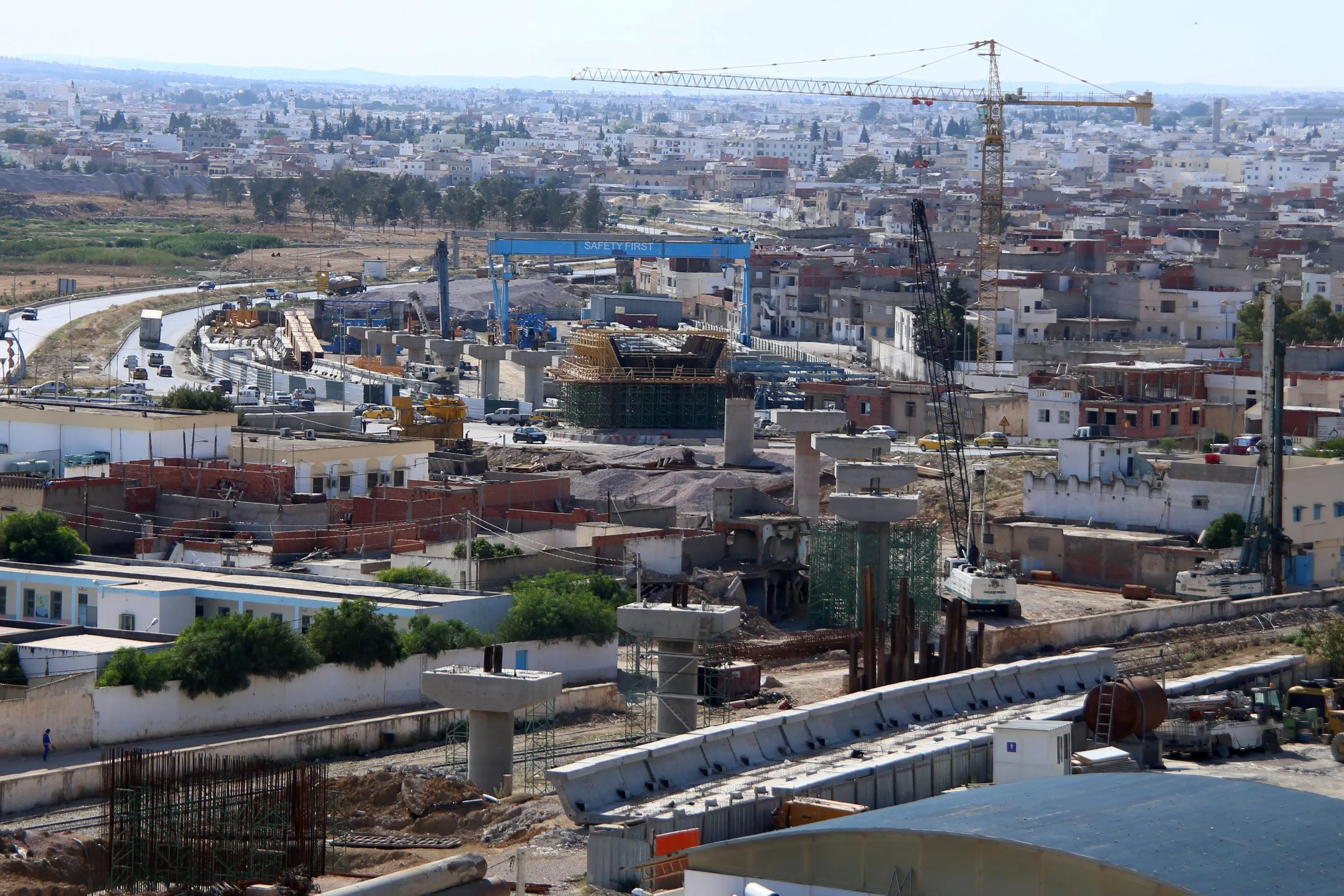PHOTO
Three landmark deals have been signed by Tunisia and China in a move to expand relations between the two countries.
At a bilateral summit held in Tunis in early July, Tunisian companies inked partnership agreements with Chinese firms worth a total of TD1.2bn (€424.9m) in commerce, technology and finance. The summit focused on exploring areas of economic and technological cooperation between the two countries.
The first deal, between Tunisia’s Groupe Loukil and the Industrial and Commercial Bank of China (ICBC), will see ICBC provide financing for the TD157.69m (€55m) Tunisia Africa Mall mega-project in Raoued, north of Tunis. Construction of the 100,000-sq-metre shopping centre – set to be the largest in Tunisia – will be undertaken by the China State Construction Engineering Corporation, with work expected to begin before the end of the year.
The summit also saw a memorandum of understanding signed between domestic firm SIAME and Chinese networking and telecoms multinational Huawei to develop a smart metering solution for the public utility Tunisian Electricity and Gas Company.
The third deal, between ICBC and Amen Bank, will see the two lenders cooperate in the granting of syndicated loans for major projects in Tunisia. One condition of any extension of credit, however, will be that the project has an element of Chinese involvement, whether that is in construction, engineering, the supply of equipment or technology transfer.
Expanding cooperation, promoting growth
The new projects follow on the heels of other significant investment deals between the two countries that have enhanced economic and technological cooperation across a range of fields, including finance, tourism and health care, in line with Tunisia’s efforts to diversify away from its more traditional investment partners and bolster foreign direct investment (FDI) inflows.
In late May, for example, the Tunisian Professional Association of Banks and Institutions signed a framework agreement with China Development Bank to provide funding to small and medium-sized enterprises (SMEs), extending lines of credit to SMEs for projects in a variety of sectors, ranging from agri-business to renewable energy.
Efforts to improve ties come on the back of an increase in FDI from China recorded by the Tunisian Foreign Investment Promotion Agency (FIPA). According to the agency, between 2015 and 2016 Chinese investment rose by 57% to reach TD2.2bn (€762.5m). However, China’s share in total FDI is still marginal compared to other countries. Investment from France, the country’s biggest investment partner, totalled TD364.5bn (€126.3bn) in 2016.
In 2016 overall FDI stood at just 2% of GDP, which according to a report by the IMF is a new low. However, the fund’s projections for this year and the next – at 2.5-3% – could indicate this situation is beginning to change. This view is borne out by official FDI data for the first quarter of 2017, which posted a year-on-year rise of 16.6%, according to FIPA figures reported in local media.
Economic reforms improve the business environment
Tunisia’s roll out of a new investment law in January this year could help the country capitalise further on the recent uptick in international investments, ensuring FDI inflows continue to strengthen over the long term.
The law simplifies the investment framework, makes it easier for businesses to transfer funds out of the country and provides various incentives for investment, including tax exemptions for up to 10 years for some projects and grants of up to TD30m (€10.4m).
In addition, it created a number of bodies in charge of specific aspects of investment: a new investment authority intended to help investors better navigate the country’s administrative and bureaucratic requirements; a High Investment Council to regulate investment policy and initiatives; and an investment fund for the allocation of grants to promote investment.
The new framework also permits the opening of more sectors to foreign investment, although it is not yet clear which industries will benefit. At present, foreigners require permission from the government before they can invest in 51 different industries.
© Oxford Business Group 2017





















